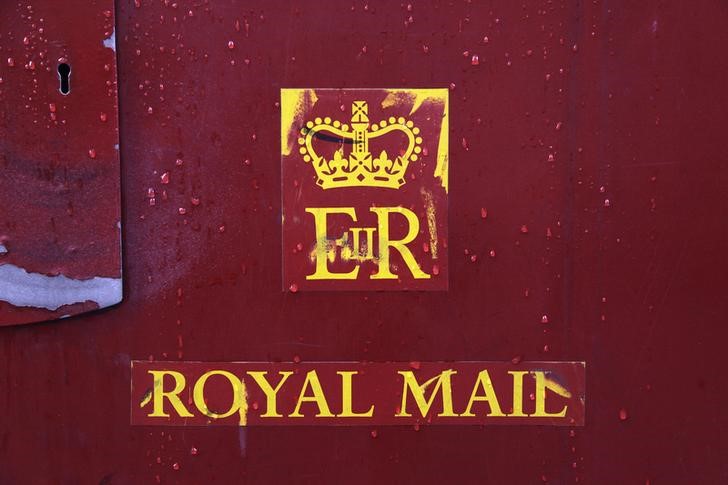Proactive Investors - The universal service obligation (USO) is the minimum service level that must be provided for letter deliveries by Royal Mail (LON:IDSI) set out by the government in legislation, but today the company proposed various modifications that it said do not require the law.
Among the calls from parent company International Distributions Services PLC were for second-class mail to be delivered every other weekday, with no changes to the current first-class service and seven-day parcel deliveries.
It said changes were urgent and need to be brought in from April 2025, including more "realistic" speed targets, in order to enable the sustainability of the universal postal service.
Ofcom responded that it will consider all the suggestions and provide an update in the summer.
What is the (USO)?
Currently the (USO) requires letter deliveries six days a week, from Monday to Saturday, and parcels for the five working days of the week (to every address in the UK, at affordable prices that are uniform throughout the UK.
As these minimum requirements are set out in legislation, established under the Postal Services Act of 2011 when Royal Mail was privatised, any changes to them can only be made by the UK government and parliament.
Communications regulator Ofcom, which also oversees USO (NYSE:USO) requirements for the telecoms industry, launched a consultation on the (USO) in September and alongside evidence it provided in January acknowledged the service "risks becoming financially and operationally unsustainable in the long term".
However, as Royal Mail has stressed in recent years, the landscape of communication has dramatically shifted with the advent of digital technology, leading to a significant decrease in letter sending.
Since 2011, letter volumes have halved while demand for parcel deliveries has soared.
Cost to Royal Mail
Ofcom has acknowledged the significant cost to Royal Mail of delivering the universal service. It has also noted that the decline challenges the sustainability of the USO, as the cost per delivery increases while revenue from letter postage decreases.
It has been estimated that the net cost of the entire USO to Royal Mail was as least £325 million and potentially as much as £675 million in 2021/22.
This range is based on the profits that the regualtor calculated Royal Mail could have made if it had commercial freedom and was not subject to the USO and does not necessarily represent the savings that the FTSE 250 company would make if the scope of the USO were changed.
Could changes be made, and when?
While some of the options detailed by Ofcom in January would require government and parliament to change primary legislation, others could be made just through changes to regulations.
IDS chief executive Martin Seidenberg said the changes the company suggested today are among those that do not need a change of legislation.
He stressed the importance of urgency for the company, which made an operating loss of £1 billion last year, saying: "We have serious concerns that the urgency of the situation is not properly recognised by Ofcom. With no need for legislation there is no need to wait."
An Ofcom spokesperson responded: “At this stage, we’ve not made any proposals to change the universal postal service.
“We’ve set out evidence suggesting it risks becoming unsustainable if we don’t take action, as people send fewer letters and receive more parcels. We’ve laid out some potential options so there can be a national discussion about its long-term future."
The regulator said it will “carefully consider all the feedback received, and provide an update in the summer”.
